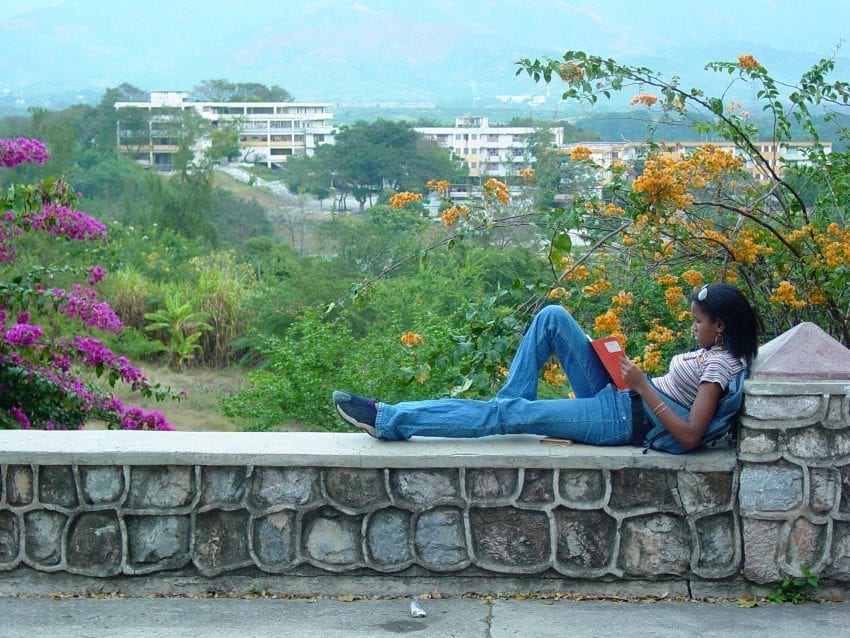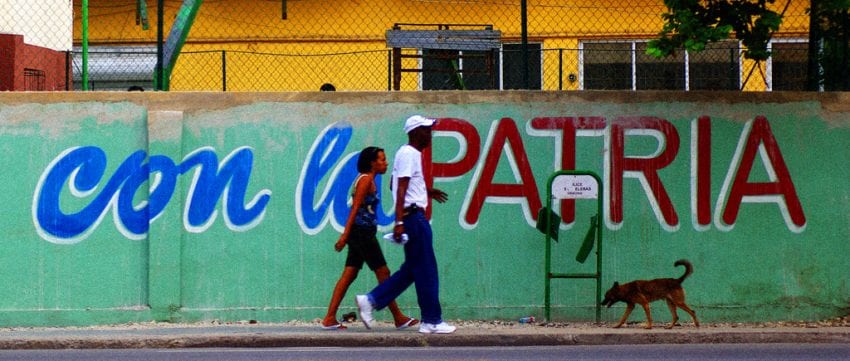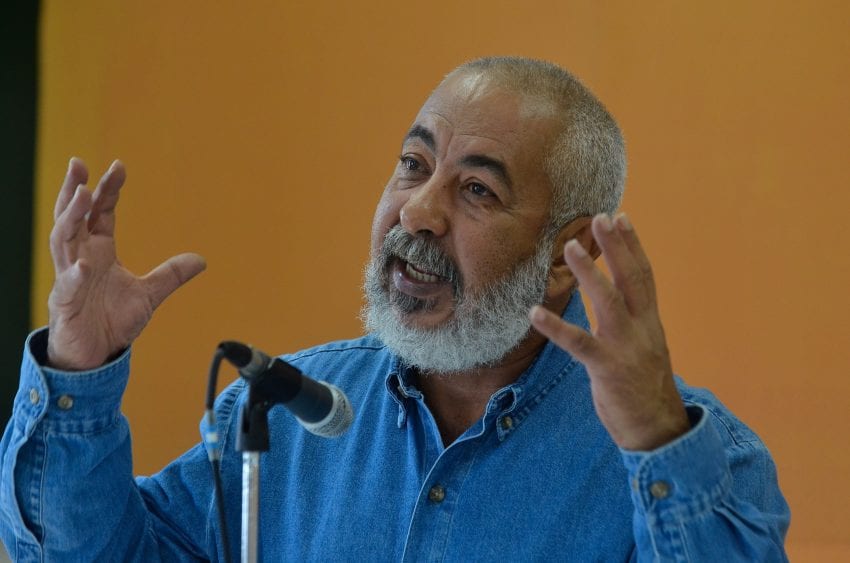
On November 25, Fidel Castro died at the age of 90 in a city of Havana ruled by communism since 1959. A period during which the island of Cuba has been economically blockaded by the United States and whose inhabitants have debated between the health and educational progress of Castro and the character of a prison that the largest island in the Caribbean acquired . A policy addressed mainly by anti-Castro writers who expressed their vision of reality in these 5 popular novels of Cuban literature.
The century of lights, by Alejo Carpentier

Cuba, an island that can also be read
Despite being published in 1962 and not directly addressing the government of Fidel Castro, The Century of Lights explores the revolutionary roots of Cuba and XNUMXth century Latin America through an antecedent such as the french revolution. In the novel, the European influence in the Caribbean colonies is reflected through the character of Victor Hughes, Marseille politician who expanded the revolutionary character to the Antilles, feeding an ideology that would lay the foundations for the political changes in Cuba in the 50s.
Before nightfall, by Reinaldo Arenas
Arenas was born in the agrarian Cuba that was most affected after Castro's rise to power. He was devoted to his mother, liked men, and tried several times to flee from an island that did not sympathize with homosexuals. The life of Reinaldo Arenas was captured in his biography, Before Dark, published a few days after his suicide in New York in 1990, a city to which he fled ten years before and where he succumbed to AIDS. The book was adapted for film in 2000 with Javier Bardem in the role of the writer.
Everybody Goes, by Wendy Guerra
Growing up and living in Cuba is the theme of this novel in which Guerra, assiduous of the writing workshops of Gabriel García Márquez during his visits to Havana, takes refuge in his alter ego, Nieves Guerra, to tell us the story of his life from 8 to 20 years old. As a diary, Guerra explores a Cuba in which he lives asphyxiated by the regime, the relationship of conflicting parents or the flight of old loves under broken promises. The novel, published in 2006, won the Bruguera Publishing Prize and was adapted for the cinema in 2014.
The man who loved dogs, by Leonardo Padura

The best representative of the call dirty realism is the Cuban Leonardo Padura, whose police work revolves around the famous detective Mario Conde. However, if we must choose a work by Padura that reflects his vision of Cuban history, that would be The Man Who Loved Dogs, a novel whose protagonists are a writer and the mysterious man who tells him the last days of León Trostky and his murderer, Ramón Mercader. A work in which Padura reflects on contemporary history of Cuba and the triumph of the human being over eroded revolutionary values.
The Everyday Nothingness, by Zoe Valdés
In the pages of Everyday Nothingness we find Patria, a kind of Cuban Bridget Jones whose sarcasm serves to rant against that Cuba that she begins to see from a different perspective when traveling to Paris with her first husband. "There I discovered the world, and all the lies they had told us" once confessed Valdés, granddaughter of an anti-Castro woman and daughter of a father imprisoned for five years. The most famous novel by an author who has always been characterized by writing about exile and in whose bibliography we also find Fiction Fidel, his most objective book in terms of his political ideology.
These 5 novels to understand the relationship between Fidel Castro and Cuban literature They address issues such as exile, poverty or the diaspora, reflections of a country that seems to be just beginning to wake up. Maybe we still have to wait until that day when someone starts writing a story about an island that could change after the death of Fidel Castro and proximity to the United States. About a Cuba that opens up to the world. Completely.